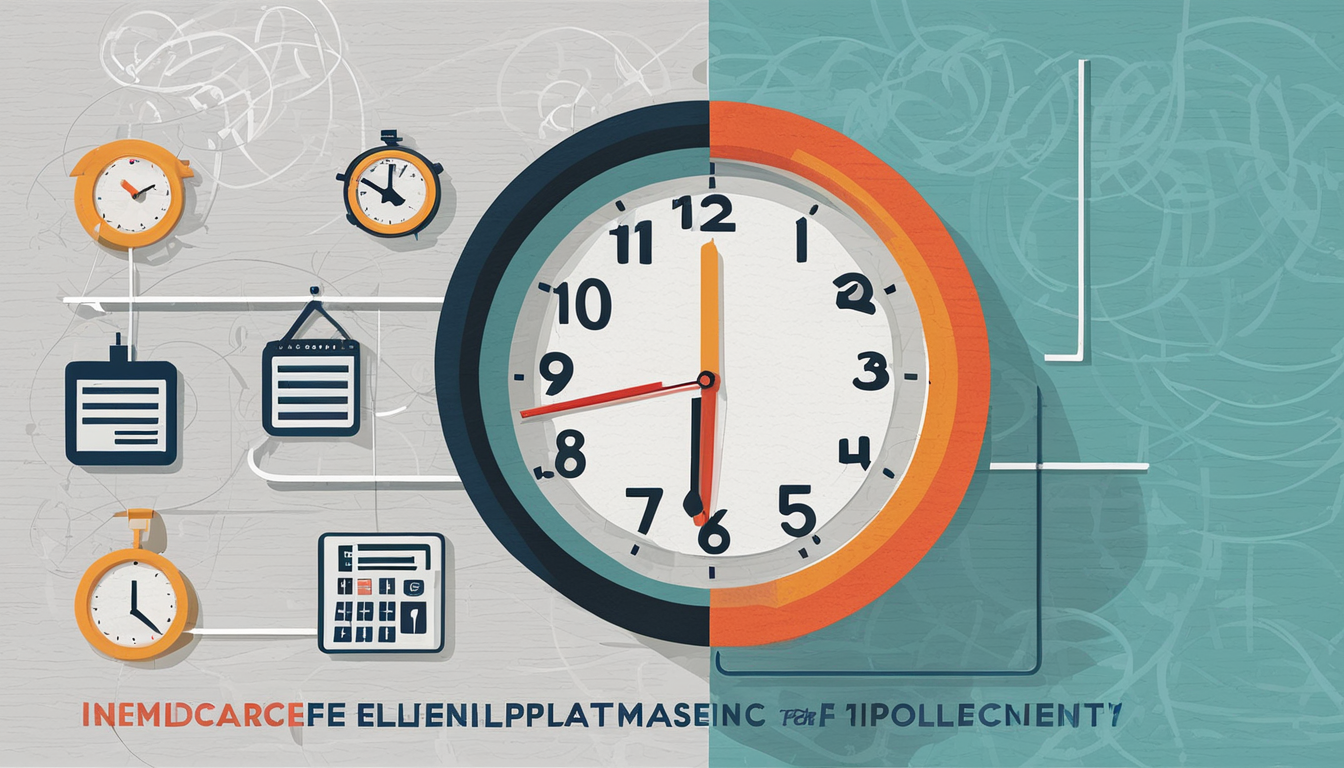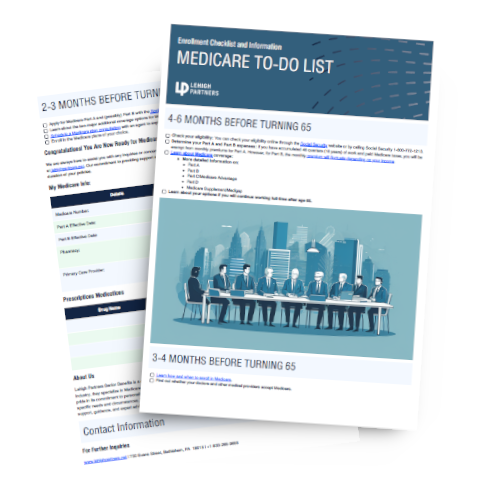Timing plays a crucial role in enrolling for Medicare. It is essential to understand the different enrollment periods to avoid late enrollment penalties or gaps in coverage. This article aims to provide a comprehensive overview of the Initial Enrollment Period (IEP), Special Enrollment Periods (SEP), and General Enrollment Period (GEP) to help you navigate through the Medicare enrollment process and make informed decisions regarding your healthcare coverage.

Enrolling for Medicare at the right time is crucial to avoid late enrollment penalties and ensure uninterrupted healthcare coverage.
The Initial Enrollment Period (IEP) is the first opportunity for most individuals to enroll in Medicare. It begins three months before the month of your 65th birthday and extends for three months after. For example, if your birthday is in June, your IEP would start in March and end in September. It is crucial to take advantage of the IEP because if you miss this period, you may face late enrollment penalties and delayed coverage.
During the IEP, you can sign up for Original Medicare, which includes Part A (hospital insurance) and Part B (medical insurance). Part A helps cover inpatient hospital stays, skilled nursing facilities, and some home health care services, while Part B covers doctors' services, outpatient care, medical supplies, and preventive services. Furthermore, you have the option to enroll in a Medicare Advantage plan (Part C) or a stand-alone Prescription Drug Plan (Part D) for additional coverage.
It is important to note that if you are already receiving Social Security or Railroad Retirement Board benefits before reaching 65, you will be automatically enrolled in Original Medicare. In this case, your Medicare card will be mailed to you three months before your 65th birthday, and your coverage will begin on the first day of your birthday month.

If you receive Social Security or Railroad Retirement benefits before turning 65, you'll be automatically enrolled in Original Medicare, with coverage starting on your birthday month and receiving your Medicare card three months prior.
However, if you are eligible but not receiving Social Security benefits, you need to actively enroll in Medicare during your IEP. Failure to enroll during this period may result in late enrollment penalties, which can significantly increase your premiums for Part B coverage.
In certain cases, individuals may qualify for Special Enrollment Periods (SEP) outside of the IEP. SEPs provide flexibility for those who experience certain life events that may impact their healthcare coverage. These events include moving to a new area that is not within the coverage network of their current plan, losing employer-sponsored health insurance, or qualifying for other forms of insurance.
SEPs offer a time-limited opportunity to enroll in Medicare or make changes to existing coverage without penalties or gaps. For instance, if you lose your employer-sponsored health insurance and do not enroll in Medicare within eight months of the coverage end date, you may face late enrollment penalties when you eventually enroll. Understanding the rules and options pertaining to SEPs is crucial to avoid penalties and ensure uninterrupted coverage.
On the other hand, if you miss your IEP and do not qualify for a SEP, the General Enrollment Period (GEP) is your next opportunity to enroll in Medicare. The GEP runs from January 1st to March 31st each year, and coverage begins on July 1st of the same year. However, enrolling during the GEP may still incur late enrollment penalties, as your coverage would be delayed and you may experience gaps in healthcare coverage.

Enroll in Medicare Part B when you become eligible to avoid financial penalties of a 10% premium increase for each 12-month eligibility period missed, which continue for as long as you have Part B coverage.
Late enrollment penalties for Part B are particularly significant. For each 12-month period you were eligible for Part B but did not enroll, a 10% penalty is added to your monthly premium. This penalty will continue for as long as you have Part B coverage. It is, therefore, imperative to enroll in Medicare as soon as you become eligible to avoid unnecessary financial burdens.
To ensure that you select the most suitable Medicare plan for your needs, it is advisable to consult with a Medicare expert or use the resources provided by the official Medicare website. These resources can provide personalized guidance based on your specific circumstances, helping you make an informed decision about your healthcare coverage.
In conclusion, understanding the timing of enrollment in Medicare is of utmost importance to avoid late enrollment penalties and gaps in coverage. The Initial Enrollment Period (IEP), Special Enrollment Periods (SEP), and General Enrollment Period (GEP) should be carefully considered and adhered to. By taking timely action and making informed choices, you can secure the healthcare coverage you need, ensuring peace of mind as you embark on your Medicare journey.

